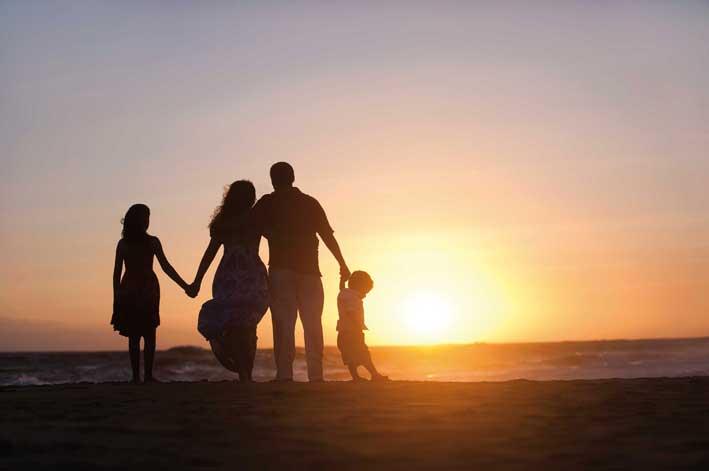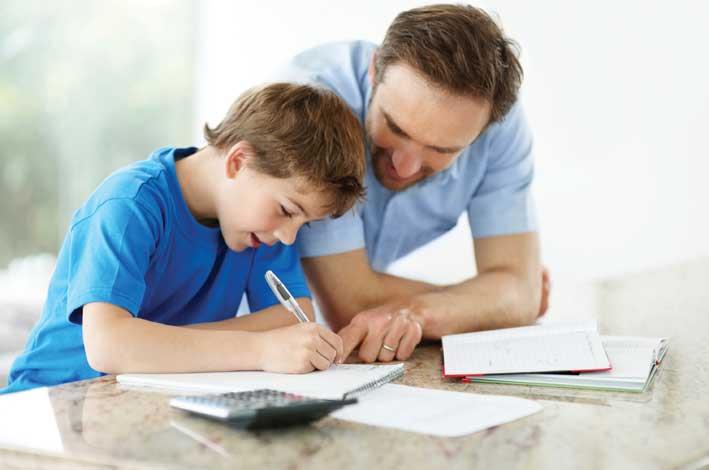A Council of Europe working document has urged Malta to reconsider its position against having a child represented by an independent person in a case where the abuse is being perpetrated by the parents themselves.
By its very definition, this is a conflict of interest that may leave the already traumatised child in an even more vulnerable position.
The working document analyses the legislation of 26 countries that are party to the Lanzarote Convention of the Council of Europe. The document provides the general framework for preventing the sexual abuse of children in the circle of trust, addressing four specific issues:
1. The criminalisation of sexual abuse of children in the ‘circle of trust’.
2. The collection of data on child sexual abuse in the ‘circle of trust’.
3. The best interests of the child and child-friendly criminal proceedings related to cases of child sexual abuse in the ‘circle of trust’; and
4. Corporate liability with respect to such cases.

While Malta has been praised in some areas, it has been criticised in others. In the case of a child being represented by an independent person due to a conflict of interest, Malta has insisted that such a guardian could not be allowed during the overall proceedings. The reason given is that this could be seen as a way of influencing the child’s testimony.
The Lanzarote Committee that drew up the working document recommends that “a special representative or a guardian” be present throughout the criminal proceedings.
The report goes on to say that “it invites parties [Maltese authorities] to ensure that guardians... and special representatives receive appropriate training and legal knowledge to ensure and safeguard the best interests of the child victim during criminal investigations and proceedings.”
In addition to this, Malta has not provided any information on “its national situation with regard to the removal of parental rights” or on the issue of corporate liability.

In the case of parental rights, the Committee urges Malta, along with Lithuania and Ukraine, to clearly distinguish between “cases of suspension of parental rights as a provisional measure to protect the child before a court decision on the conviction of the concerned parent taken, and cases of withdrawal... once the court has convicted said parent.”
Furthermore, the report observes that, in the case of Malta, Bulgaria, Lithuania and Romania, “there are neither special units within the police that deal with child victims nor has provision been made to provide individual members of the regular force with training on how child victims should be treated.”
On a more positive note, there are a number of areas in which Maltese legislation provides for the protection of a child against family members and those in the so-called ‘circle of trust’.
“National law provides for the possibility of removing the victim from his or her family environment when parents or persons who have care of the child are involved in his or her sexual abuse through the issue of an interim care order by virtue of Article 5 of the Children and Young Persons (Care Orders) Act of a care order in virtue of Article 4 of the said Act.”

This interim care order is valid for 21 days, and allows for the possibility of another care order being implemented for an indefinite period of time.
“Child protection social workers also recommend therapy for children who are victims of sexual abuse when the court deems this to be appropriate following the child’s testimony in court.”
A level of protection is also awarded during investigations and proceedings. Maltese legislation provides for the hearing of vulnerable witnesses through video conference; “this is used to allow children to testify in the quiet of the magistrate’s/judge’s chambers without being in the presence of the perpetrator.
“Child Protection Services strive to ensure that the rights of the child are upheld at all times, acting as champions and advocates for the needs and well-being of children in such situations.”
Taking a look at the collection of data on “child abuse and neglect”, the report notes that it is collected locally through the social welfare sector (Agenzija Appogg), which forms part of the Foundation for Social Welfare Services.